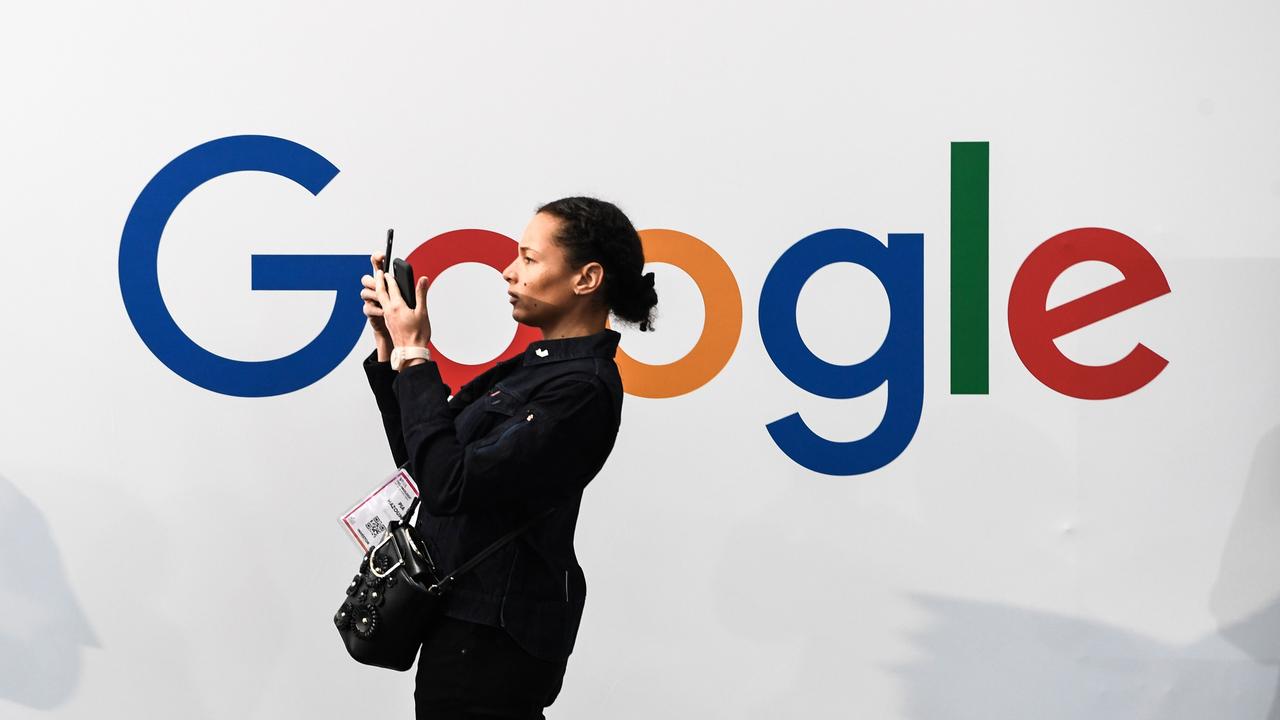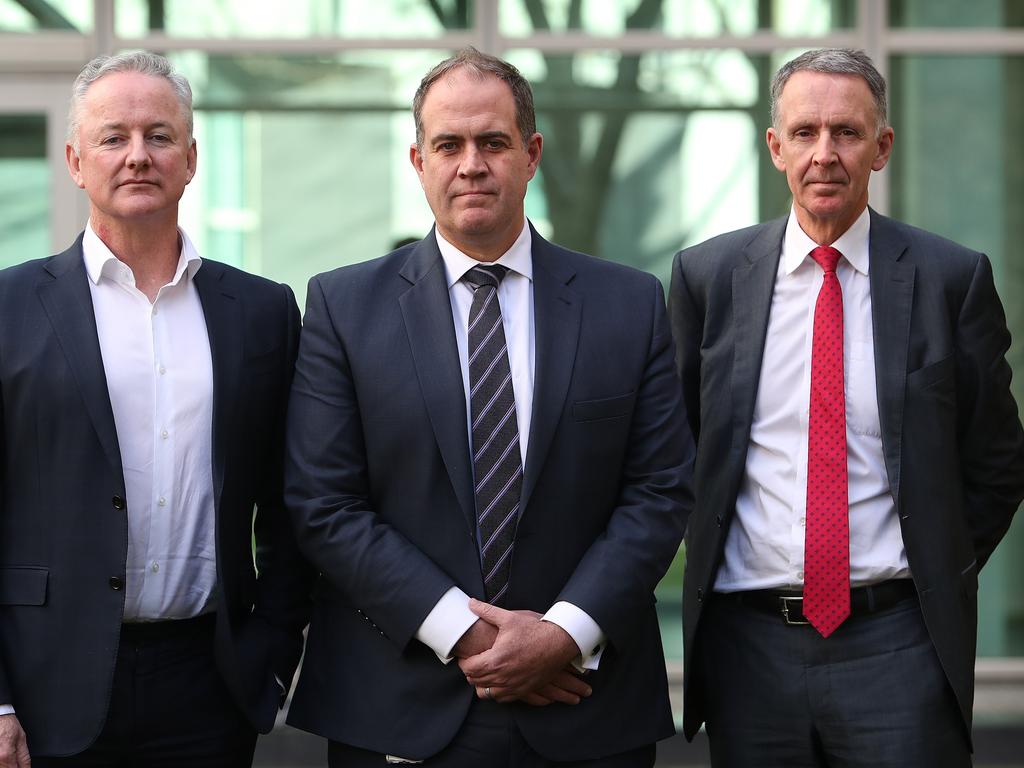ACCC Digital Platforms Inquiry to recommend changes to stop tech giants’ anti-competitive behaviour
Australia’s consumer watchdog has handed down 23 proposed changes in a new report into the behaviour of the world’s biggest tech giants.
Facebook and Google will be forced to better protect Australians’ privacy and be more transparent about collecting personal data if the government adopts the findings of a “groundbreaking” consumer watchdog report handed down today.
The Australian Competition and Consumer Commission has made 23 recommendations in its 623-page final report into anti-competitive behaviour and the market power of tech giants in Australia.
The ACCC stops short of calling for tech giant Google to be broken up but has recommended Australia’s Privacy Act be strengthened and an ombudsman scheme be launched to resolve complaints and disputes consumers and businesses may have with digital platforms.
It also calls for a new code of conduct for digital giants “so that consumers can know and control what data is collected and how it is used,” Treasurer Josh Frydenberg announced today.

“Make no mistake, these companies are among the most powerful and valuable in the world,” Mr Frydenberg said.
“They need to be held to account and their activities need to be more transparent.”
Australia’s legal and regulatory framework also needed to be updated to ensure it was “fit for purpose” to respond to the unprecedented and unforeseen growth of the social media and internet giants, Mr Frydenberg said.
“There is no option other than to put in place the right regulatory and legislative regime to protect the public’s privacy,” the Treasurer said today.
“What this report finds is that so much personal data is being collected without informed consent.
“It’s an extremely serious issue and what we’ve seen play out in the US with Facebook being fined that record amount, over $7 billion, is a reflection of how peoples’ personal data is being used often without their knowledge.”

FIVE RECOMMENDATIONS AND WHAT THEY MEAN FOR YOU
Independent ombudsman: The new agency would investigate complaints about scams or advertising placed on digital platforms, order compensation to users as needed, and require the removal of copyright material used without consent.
ACCC digital platforms branch: This specialist arm of the ACCC would proactively investigate anti-competitive conduct by tech giants, including bias from their algorithms, enforce consumer and competition laws, and make recommendations to government to prevent ‘consumer harm’.
Changes to Privacy Act: Proposals include greater disclosure about what personal information will be collected by tech giants, clear rules about gaining consumers’ consent, the ability to have your information deleted, and higher penalties for privacy breaches.
Fake news code: Tech giants must create industry rules about how to respond to reports of fake news — or misinformation presented as news — that could lead to ‘serious public detriment’. The ACMA would also monitor misleading information on the platforms and make regulatory recommendations.
Android phone changes: Within six months, Google must let Android smartphone users choose the default search engine and internet browser on their device rather than setting it for them.

NEWS CORP AUSTRALIA WELCOMES ACCC REPORT
A new regulatory body to monitor the digital platforms was initially proposed in the ACCC’s interim report but its final report recommended a specific unit be launched within the ACCC to focus on digital platforms instead.
The report also recommended a code be developed to govern negotiations between Australian media businesses and social media and internet giants for the use of their content.
The government will now launch a 12-week consultation process and deliver its response to the report before the end of the year.
The report was handed to the Government late last month.
News Corp Australia’s group executive for corporate affairs, policy and government relations Campbell Reid said he was encouraged that the ACCC had so “clearly called out” the behaviour of internet giants.
“It’s clear the government is going to do something about this,” he told Sky News today.

“The commercial viability of (media) companies that are able to monetise their content either through fair payment for that content or the ability to contact and reach subscribers directly through that content or attach advertising to that content — all of those opportunities have been fundamentally eroded by the behaviour of the platforms,” he said.
In its preliminary report, the ACCC made 11 recommendations to address the market power of tech giants in Australia, including the establishment of a new authority “to monitor, investigate and report on whether digital platforms … are engaging in discriminatory conduct” against Australian businesses, as well as their treatment of news and journalistic content.
Consumer Policy Research Centre chief executive Lauren Solomon welcomed the ACCC’s findings, saying Australians have long been kept in the dark about how their information has been collected and used.
“This report has recognised there is market and regulatory failure preventing Australians from making informed choices in the digital age,” she said. “And they’ve gone a step further and highlighted that the Privacy Act might not be fit for purpose.
“Australian consumers really need added protections similar to what’s in the US and Europe.”
Ms Solomon said it was particularly important for regulatory and legal reforms to give consumers the ability to access and delete their data, and for services provided by Facebook and Google to be private by default.
The ACCC report’s release comes just one day after Facebook received a record-breaking $US5 billion fine from the US Federal Trade Commission for breaking a 2012 undertaking and secretly sharing the private information of more than 50 million users with third parties.



